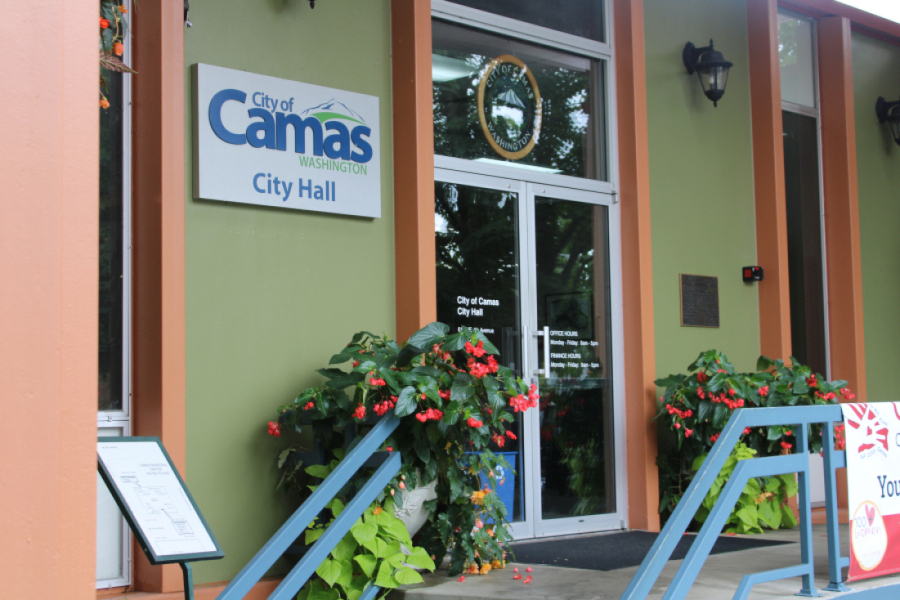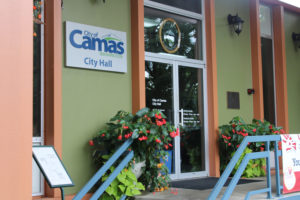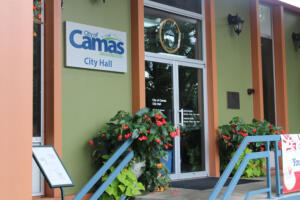Camas city officials this week formally approved an annexation request that caused divisions among neighbors in Camas’ North Shore area.
On Monday, Dec. 18, a majority of Camas City Council members formally approved a property owner-drive request to annex 40 rural acres within the City’s urban growth boundary off Northeast 232nd Avenue and Northeast Weakley Road, near Lacamas Lake Elementary School.
Council members Tim Hein and Leslie Lewallen voted against the annexation approval.
According to Camas Planning Manager Robert Maul, the 40-acre block of land, valued at $4.33 million, includes eight parcels as well as a 9-acre Bonneville Power Administration power line right-of-way, and has been in the city of Camas’ urban growth boundary since 2008.
“It has been intended to be a part of Camas in the future … and was just a matter of timing and availability of utilities,” Maul told Council members during a Dec. 4 public hearing on the annexation request.
The City has already invested in utilities running to the North Shore area located north of Lacamas Lake, including a new sewer line.





